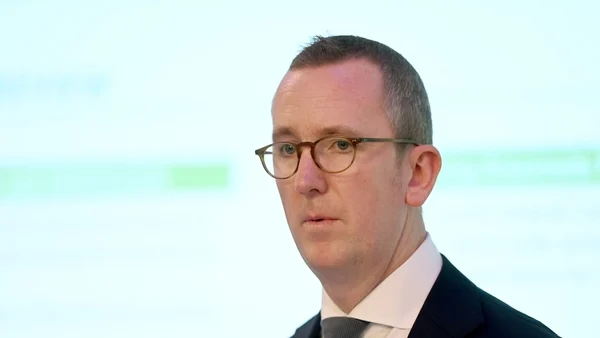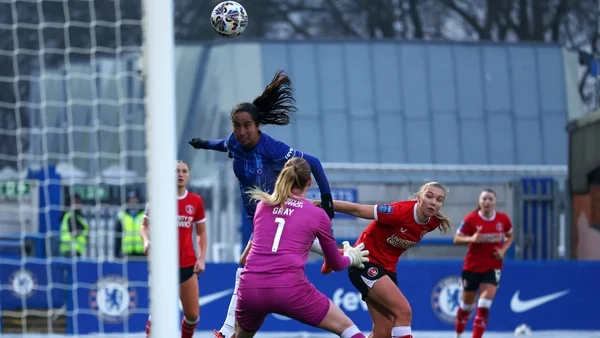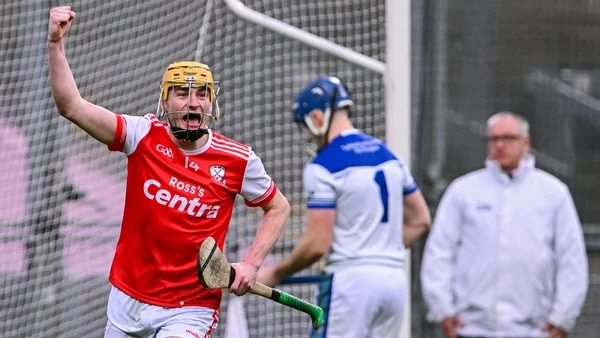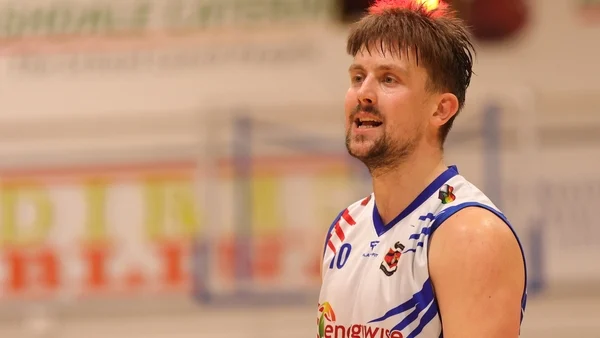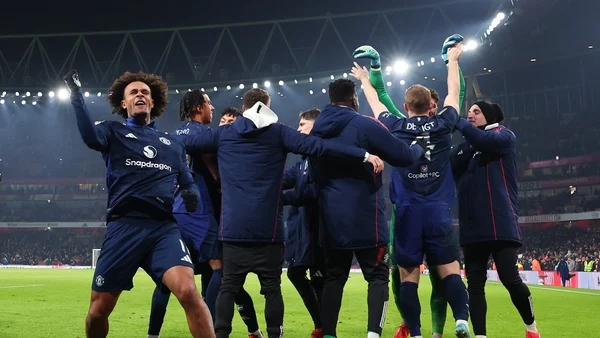FAI chief executive David Courell has revealed that the Euro 2028 matches originally slated for Casement Park could still be held in Ireland, but only at Aviva Stadium.
The UK and Ireland are set to host the next edition of the tournament, with 10 venues originally chosen from England, Scotland, Wales, Northern Ireland and the Republic of Ireland.
However, Casement Park in Belfast was stripped of matches due to funding delays, leading to doubts the stadium would be completed in time.
There were hopes games could be played in Croke Park or SuperValu Páirc Uí Chaoimh in lieu of the island of Ireland having fewer matches.
Courell has disclosed that UEFA has opted to maintain the nine original venues, meaning only Lansdowne Road could host any extra games.
"So as a result, the fixtures that were scheduled to take place in Casement Park are now to be redistributed across the existing venues.
"The Aviva Stadium is a phenomenal venue that has a rich history, with UEFA as recently as the Europa League final this year, and we are hopeful that UEFA will see the merit in distributing more games south of the border."
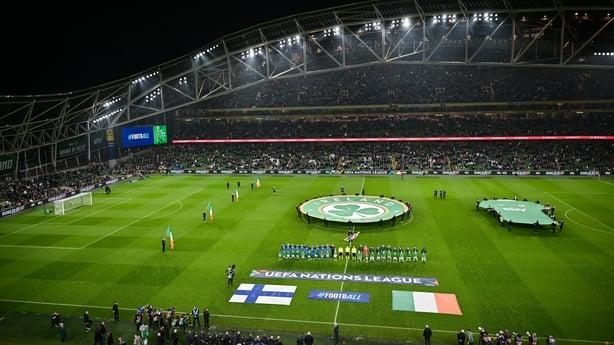
The Aviva Stadium is set to host four group games and two knockout games, including a quarter-final as it stands.
While the hope is that can be added to, it's unlikely to see any games later than a last-eight match.
Courell explained: "Our aspiration will be to see at least another game come here. But there are complications in terms of scheduling. You need to allow adequate rest days for the pitch to recover.
"There's also constraints in capacity at the stadium. At 52,000 it's a lovely sized stadium, but unfortunately, not large enough to host, let's say a semi-final, for example.
"So we're working through this with UEFA, and hopefully we'll have some clarity on this in the coming months."
The FAI chief is hoping to keep Northern Ireland and the IFA involved in the tournament as much as possible despite missing out on games.
But their exclusion could be good news for the Ireland team, with the heightened chance of a host qualification place.
If more than two of the five hosts do not qualify for the tournament, only the two with the best record will secure host places.
That number could be down to four now.
Courell did not confirm if Northern Ireland were out of the running, yet noted "traditionally, if you're not hosting fixtures, then you are not considered for automatic qualification".
He did offer support to Northern Irish football elsewhere, however: "Personally, I've been involved in this project since 2018. And it's been a pleasure to work with our counterparts in Northern Ireland.
"Discussions are ongoing with UEFA.
"The reality is, while they may not be hosting, we still absolutely want them to feature in this tournament, and we're in deep conversations with UEFA about what shape and form that will take, whether or not they can host training facilities or events or anything of that nature.
"So please know that we're working with our counterparts to make sure that they remain involved."
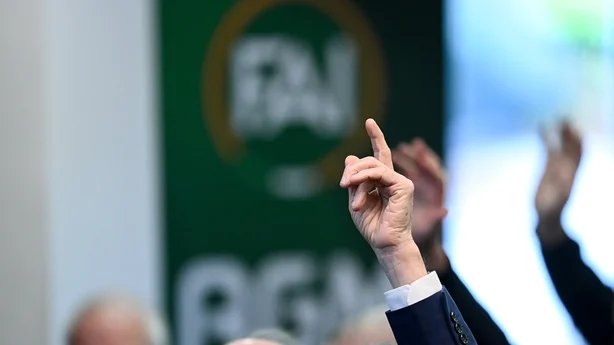
Courell has more pressing matters at home, with the FAI’s General Assembly vote on a formal change to the football calendar at a meeting on Thursday week.
The League of Ireland and amateur football calendar is not aligned, posing considerable difficulties.
Courell denied that holding online summits with stakeholders in the game is with a view to pressuring the voters.
"We're not trying to persuade people," he stated.
"We were consulting with people on what they would like to see, of which 16,000 hours of consultation took place over the last two years.
"And there are 11 facets to our football pathways plan.
"One of them is an aligned calendar where we're the only federation in UEFA, 55 federations, that plays the split season in their domestic game.
"So the reality is, we are putting forward a proposal that has the full support of the executive and the FAI board that would see alignment across the game, and we're bringing that in front of our General Assembly to seek their endorsement next Thursday, and I'm hopeful that they can see this as a positive change for Irish football."
If they were to reject it, though, what would be the association's view - or the plan B?
"Look, we wouldn't have taken this to the General Assembly for their opinion if we weren't willing to listen to it," said Courell. "So we'll have to take that on board and see where we land next Thursday, and only at that stage can we assess what happens next."
